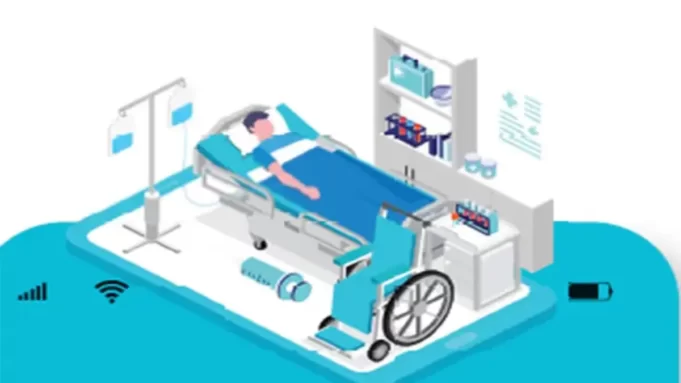Srinagar, 7 Oct. It has been a positive development that government hospitals in Kashmir, particularly tertiary care facilities, have added equipment and infrastructure. The administration of emergency wards, on the other hand, is a complete mess, especially after 4 p.m. when these vital sections are staffed by young physicians and interns.
Concerns concerning patient care and the capacity to manage urgent circumstances successfully have been raised as a result of this circumstance.
The effects of this structure are clear, as novice physicians with less expertise struggle to identify illnesses or handle crises, while senior consultants often skip work.
Concerned family member Manzoor Ahmad described his unsettling encounter, saying, “My sister-in-law passed out, and we transported her to SMHS Hospital, where intern physicians tried to identify the underlying problem. We frantically fled from one location to the next. We weren’t told to move the patient to the ICU until we spoke to top physicians, and tragically, she died there later. I don’t blame the physicians, but there might have been a big difference if there had been better management and a senior doctor to lead.
The lack of healthcare workers at these institutions, in addition to the junior doctor personnel problem, significantly compromises patient care.
Because paramedic personnel are overworked, patients often experience delays in getting vital care.
Waseem Ahmad, who recently brought his sister to the Sher-e-Kashmir Institute of Medical Sciences (SKIMS) for treatment, described an occasion when the paramedic personnel were so overworked that it took 30 minutes to give a glucose drip.
The fact that emergency patients, especially those experiencing heart attacks, are treated later than necessary is among the situation’s most alarming effects.
Due to the inexperience and negligence of young physicians and interns, many patients miss the “golden hour,” which is vital for therapy.
Cardiologists in Kashmir claim that heart attacks have virtually doubled in J&K during the last five years.
A senior critical care physician stressed that patients from numerous districts who have a variety of difficulties are often sent to tertiary care facilities, which results in adverse outcomes.
“Many patients do not survive during this critical period, while those who are fortunate receive the necessary treatment,” the doctor stated.
Treatment in the emergency room is a matter of life and death, and any delay might result in lives being lost, according to Dr. Nisar Ul Hassan, president of the Doctors Association of Kashmir (DAK). On-time therapy and diagnosis are essential for patient survival. Senior professors must be physically present in the emergency rooms to provide patient care. Unfortunately, postgraduate students and interns often oversee emergency wards in the evening, making it difficult for them to assess and treat patients without the guidance of experienced staff. Senior physicians must make decisions in medical and surgical crises.
He stressed how important senior physicians are to lowering death rates and avoiding misdiagnoses.
Dr. Hassan urged senior physicians to be physically present in emergency rooms around the clock, stressing the value of their knowledge in making prompt judgements that are correct for patients.
Patients and their families in Kashmir are worried about the quality of emergency treatment they get since it seems that health officials have not done enough to address these key concerns despite repeated public complaints and demands.










